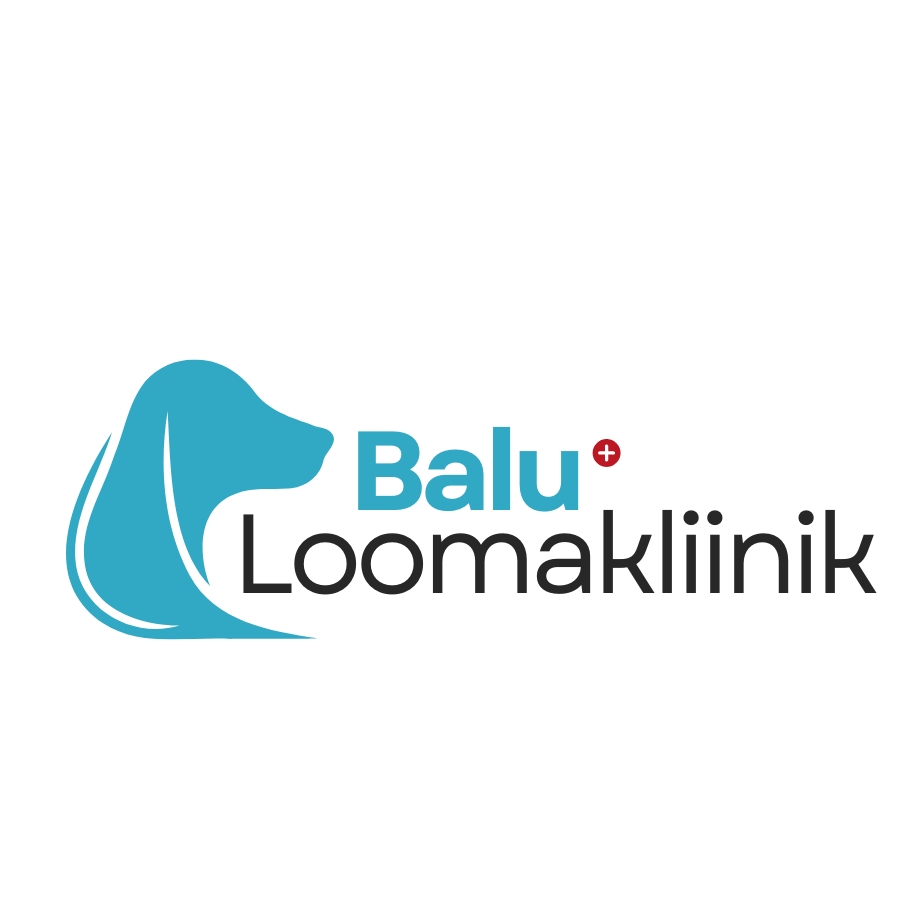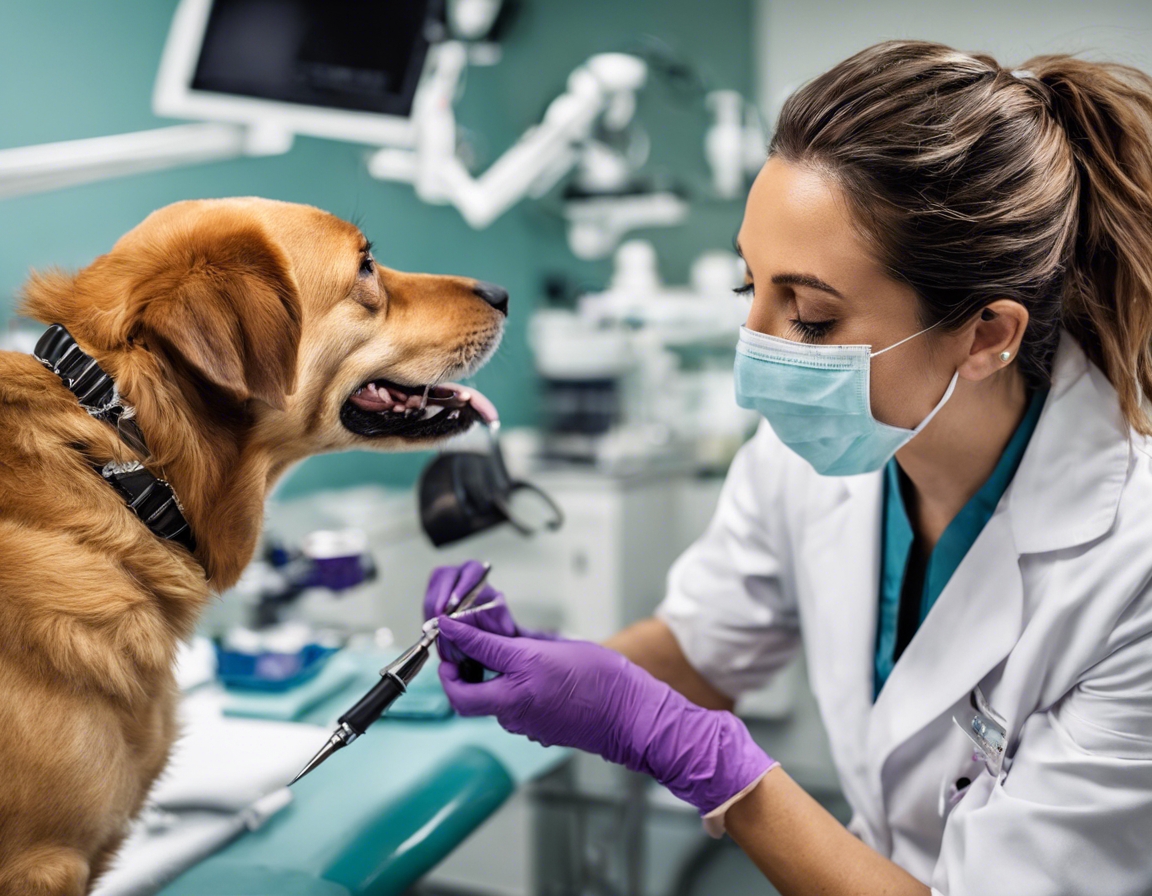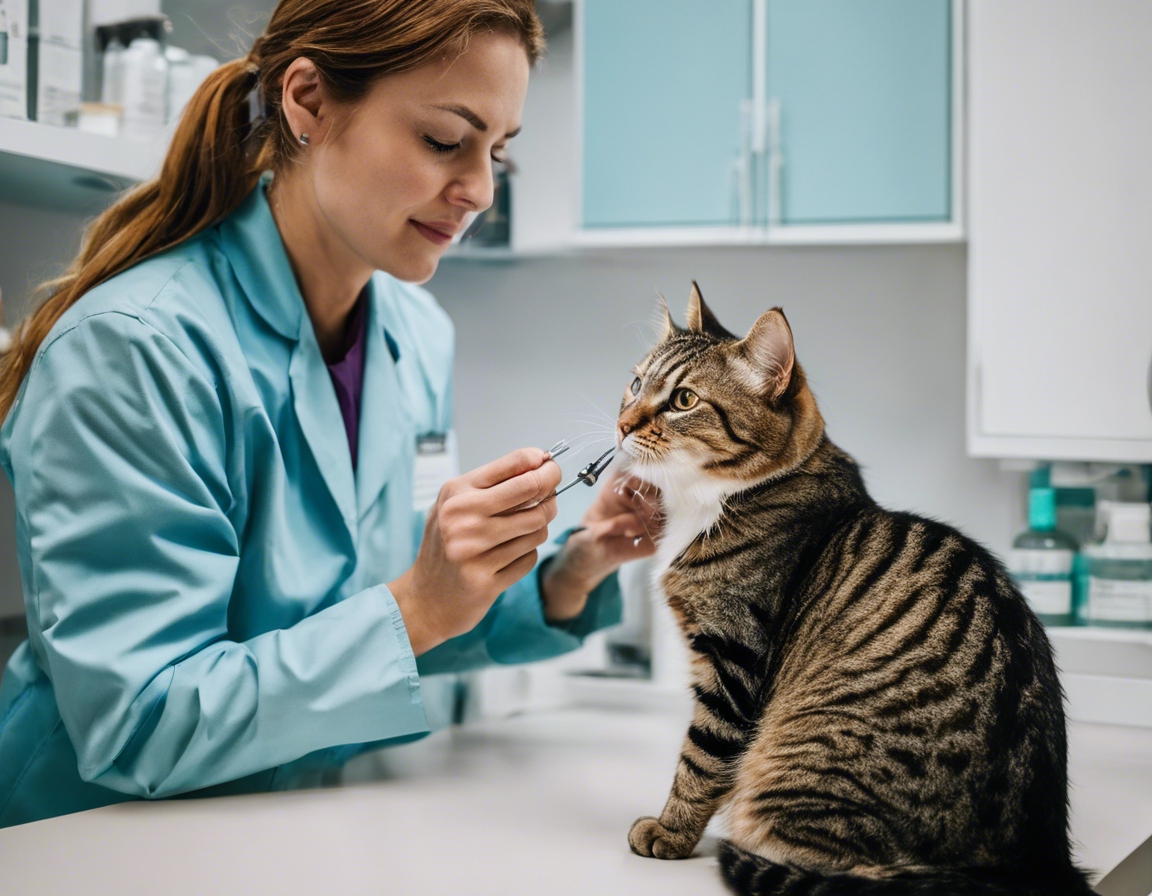When to consider spay/neuter for your pet
Spaying and neutering are surgical procedures that prevent pets from reproducing. Spaying, the procedure for female pets, involves removing the ovaries and usually the uterus. Neutering, which refers to the procedure for male pets, involves the removal of the testicles. These surgeries are common veterinary practices aimed at controlling the pet population and preventing health issues.
There are numerous benefits to spaying or neutering your pet. These include reducing the risk of certain cancers, preventing unwanted litters, decreasing aggressive behavior in males, and reducing the urge to roam in both sexes. Additionally, spaying and neutering can lead to a longer, healthier life for your pet.
Optimal Timing for Spay/Neuter
While the traditional age for spaying or neutering is six to nine months, some studies suggest that it can be done safely in younger pets. The appropriate age can vary based on factors such as breed, size, and health status. It's essential to consult with a veterinarian to determine the best time for your pet.
Health and behavioral considerations can also influence the timing of spay/neuter procedures. For example, spaying before the first heat can significantly reduce the risk of mammary cancer in female pets. Similarly, neutering can help prevent territorial marking and aggression in males.
Different species may have specific recommendations for spaying or neutering. Cats, for instance, can be spayed or neutered as early as eight weeks of age, while larger dog breeds may benefit from waiting until they are a bit older.
Pre-Surgical Considerations
Before scheduling a spay/neuter procedure, it's crucial to have a thorough discussion with your veterinarian. They can provide personalized advice based on your pet's individual needs and health status.
Preparing your pet for surgery involves following your veterinarian's instructions regarding fasting, managing anxiety, and ensuring your pet is in good health on the day of the procedure.
As with any surgical procedure, there are risks involved with spaying and neutering. However, these procedures are considered routine and safe, with complications being rare when performed by a qualified veterinarian.
Post-Surgical Care and Recovery
After the surgery, pets typically require rest and limited activity. Your veterinarian will provide specific instructions for post-operative care, including pain management and wound care.
Long-term, pets that have been spayed or neutered tend to have fewer health problems and may exhibit more desirable behaviors. It's important to continue regular veterinary check-ups to ensure your pet's ongoing health and well-being.
Myths and Misconceptions
Many pet owners have concerns about spaying or neutering, such as the belief that it will cause their pet to gain weight or become less active. These concerns are generally unfounded, and healthy weight and activity levels can be maintained with proper diet and exercise.
It's important to rely on professional veterinary advice rather than myths or hearsay when making decisions about spaying or neutering. Your veterinarian can provide evidence-based information to help you make an informed choice.






Comments (0)